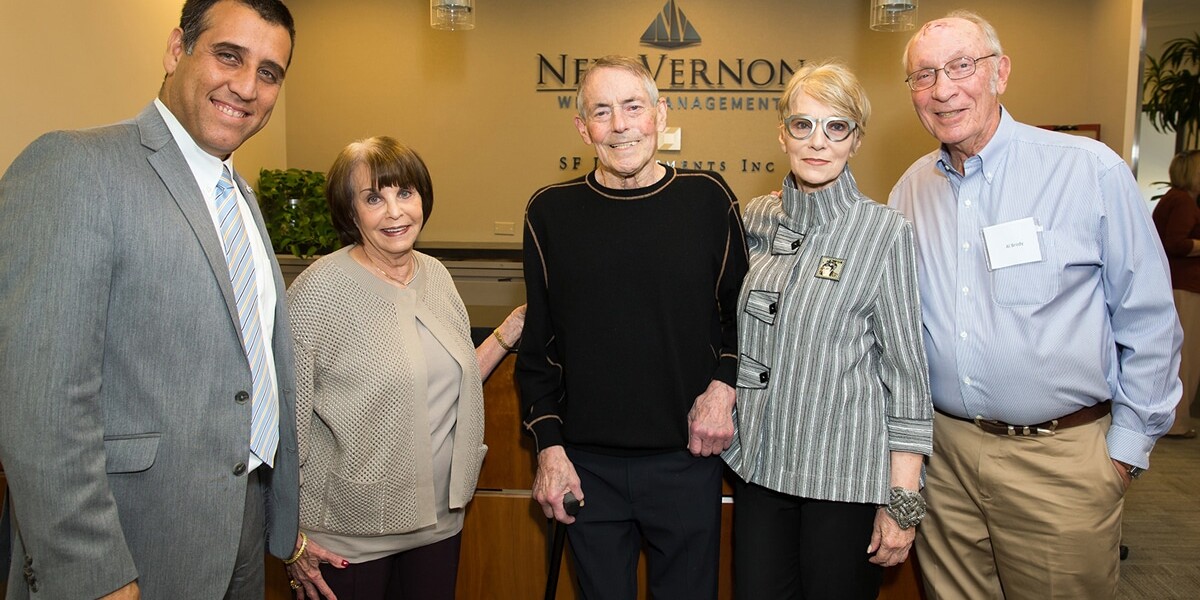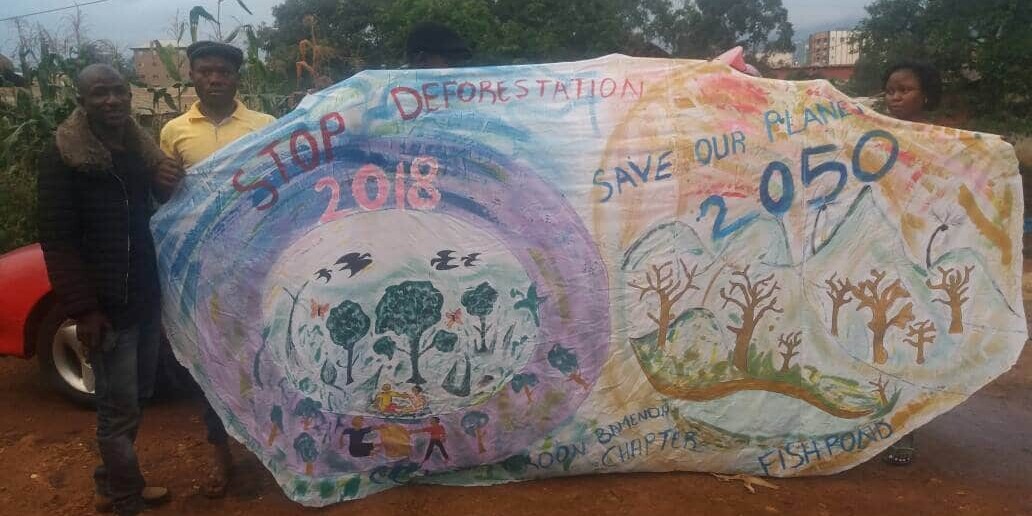As part of the Rwanda Peace Education Programme’s “Peace Week,” I had the opportunity of meeting with and hearing the testimony of Josephine Dusaminama who was a rescuer during the Genocide.
It is the summer of 1994 in Kibuye Town, a small city on the eastern shore of Lake Kivu. Fishing boats parade Lake Kivu at dusk, teeming with the bodies of Tutsis escaping the heat of genocide. Oars extend to calmer shores of DRC, their vessels mimicking the calmness of the waves. They leave no sound, no trace. Onlookers are unaware of the load these boats carry. No one knows that Tutsis found refuge at these waters.
On April 6, 1994, an airplane carrying President Habyarimana and the President of Burundi was shot down, and both presidents were killed. Although ethnic tensions had been brewing in Rwanda for decades, tensions would reach a deadly climax in the months following Habyarimana’s death. The Rwandan Army and militia groups immediately began rounding up and killing all Tutsis and moderated Hutus throughout the country, amounting to one of the deadliest genocides in history. Within 100 days, as many 1 million Tutsis and moderate Hutus had been killed.
The 1994 Genocide is often summed up as a failure from multiple parties.
The West watched passively, as the Hutu extremist regime ravaged Rwanda. In Rwanda, many civilians actively engaged in the massacres, others were bystanders to the atrocities. As such, much of the discourse surrounding the genocide revolves around the failures of various individuals and institutions.
It seems that this discourse leaves no space for the narratives of those who resisted the status quo, fighting to avert the loss of life. It leaves no space for people like Joespine Dusaminama.
As part of the Rwanda Peace Education Programme’s “Peace Week,” I had the opportunity of meeting with and hearing the testimony of Josephine Dusaminama who was a rescuer during the Genocide.
Josephine is a native of Kibuye, having lived there with her family for generations. During the genocide, her family stayed in a small home not too far from Lake Kivu. As the conflict intensified, many Tutsis tried escaping to DRC via Lake Kivu. Many found refuge in Josephine’s home. She managed to rescue 13 people by hiding them on boats, and sailing them to the DRC.
Her survivors were a mix of women, men and children, many of whom were sole survivors of their families. She fed them, clothed them, and gave them the little comfort she could provide.
At the time, Hutus accused of hiding Tutsis placed themselves and their families at risk of being killed. Neighbors became suspicious, and eventually reported to Hutu officials that a Tutsi woman was hiding in Josephine’s house. The woman was breastfeeding her infant child, as gendarmes came blazing through the door. They promptly demanded the woman’s ID. Josephine tried pleading with the officers to no avail. They asked the woman to sit on a chair in front of a door, and they shot her two times in the chest. They spared Joesphine’s life.
[quote]Josephine reminds us that human life has no hierarchy. That those of us who have the privilege of feeling always feeling safe and comfortable should exercise that privilege productively. Rethinking the notion of genocide allows us to see that human agents posses great power. The calculus of genocide breaks down when we love radically. Amidst chaos, Josephine chose love. We should too.”[/quote]
Witnessing murder is a traumatizing experience. But it is a risk that one takes as a rescuer. With unflinching determination, Josephine constantly put the survival of innocent civilians over her own safety and security.
She remembers these months as particularly trying times. Her family hadn’t come from much, nor did they really have the capacity to bring outsiders in.
Not everyone was supportive of what Josephine was doing. Her husband even threatened to report her to authorities.
He would say, “ I am not sure about keeping your Tutsis in the house. If they come here, I am going to tell them that you were the one that brought them here and let them kill you. Do you want me to flee and leave you here alone with them?”
And she would simply respond, “ You are a human being and a father. If people came to you asking for refuge, would you chase them away?”
She saw their humanity. This was something that Josephine reminded us throughout the evening. She reminded us that Genocide is fundamentally a manifestation of hatred. It is an unwillingness to acknowledge the humanity of others. This was done by the West, but also by Rwandans themselves.
Josephine reminds us that human life has no hierarchy. That those of us who have the privilege of feeling always feeling safe and comfortable should exercise that privilege productively. Rethinking the notion of genocide allows us to see that human agents posses great power. The calculus of genocide breaks down when we love radically. Amidst chaos, Josephine chose love. We should too.
Achille Tenkiang of Princeton University is currently serving as the Goldin Institute’s Global Fellow for 2016. Achille is spending his summer internship in Rwanda with our local partners at the Kigali Genocide Museum focused on uncovering and documenting stories of resistance to the genocide in Rwanda.
In addition to the value these stories serve in the healing of Rwanda, this oral history offers a unique opportunity to support genocide prevention efforts in Burundi and the Central African Republic, neighboring countries that display alarming parallels to pre-Genocide Rwanda in terms of current levels of violence and the growing reality of public hate speech on the airwaves.
Through this Fellowship, Achille is working with the staff of the Kigali Genocide Museum to capture and transcribe interviews with several “heroes” from Rwanda who resisted the 1994 Genocide. These stories are intended to be used in a variety of ways, potentially including: publication in book format; published as a video series; used in peace building curriculum; an exhibit within the KGMuseum; in promotional materials and so on.





